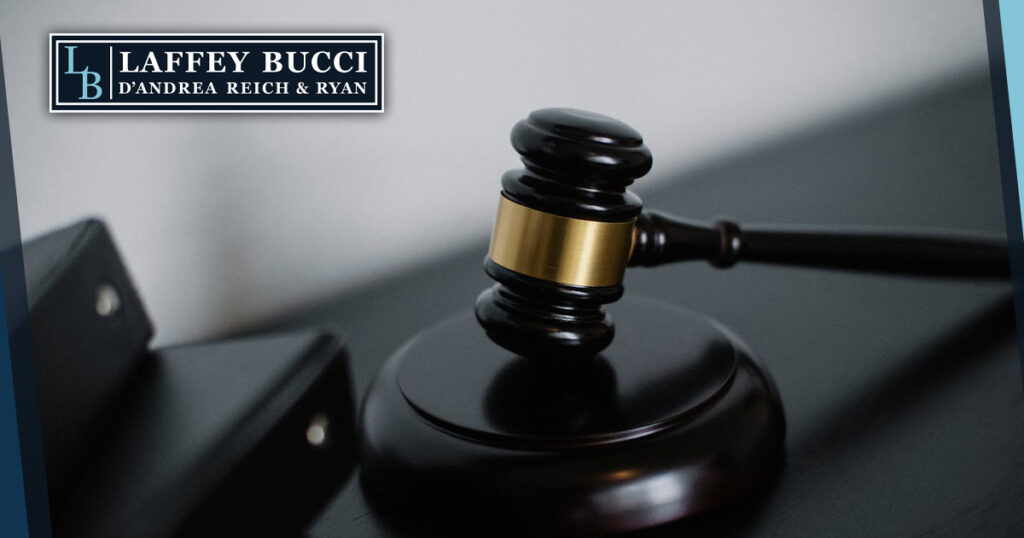Last updated: June 19, 2017, *original article below
June 2017 Update
As of June 19, 2017, the criminal case against Lynn has been put on held, pending various appeals. Trial had previously been set for May 2016, but both sides have appealed trial rulings on evidence. Trial may be delayed into 2018.
September 2016 Update
As of September 22, 2016, Monsignor William Lynn is set to be retried in May 2017. The docket sheet in Commonwealth v. Lynn shows that Philadelphia Court of Common Pleas Judge, Gwendolyn Bright has scheduled the trial for May 1. Motions are due by December 12, 2016. Lynn remains free on bail.
August 2016 Update
As of August 2, 2016, the Philadelphia District Attorneys’ Office has announced it will retry former Monsignor William Lynn. The news comes after Lynn’s conviction was overturned based on an error at trial.
After the Pennsylvania Supreme Court reinstated Lynn’s conviction in April 2015, the lower appellate court considered the remaining issues Lynn had raised in his initial appeal. In December 2015, the Pennsylvania Superior Court found that the trial judge had made an error and ordered a new trial for Lynn. The Commonwealth, via the District Attorney’s Office, appealed that ruling to Pennsylvania’s highest court. Last month, on July 26, 2016, the PA Supreme Court denied that appeal. Next up is Lynn’s retrial. Stay tuned.
Original Article Published: April 28, 2015
Yesterday, the Pennsylvania Supreme Court rendered its highly anticipated decision. In its 60 page court opinion, it reinstated a former Archdiocese of Philadelphia Monsignor’s (William Lynn) conviction for endangering the welfare of children. This case is one of the most closely watched in the country, as it marked the first time a supervising priest was convicted for putting parishioners in danger by reassigning pedophile priests to different parishes.
A Brief History of the Case
The initial trial in 2012 received widespread media attention. Lynn was initially to be tried with two co-defendants, fellow priests. One of them, Edward Avery, pleaded guilty before trial. Lynn was convicted, and the jury hung on charges against the other co-defendant, James Brennan. Roughly 1 year later, the charges against Brennan were dropped after his alleged victim died.
Lynn was originally sentenced to 3-6 years for basically reassigning Avery after a history of sexually abusive behavior beginning in the 1970s. At trial, the prosecution alleged that Lynn knew about Avery’s deviant behavior, but reassigned him to an unsuspecting parish. The reassignment allowed Avery to abuse a young boy in the 1990s. It was Lynn’s role in the reassignment that was the crux of the conviction for endangering the welfare of a child.
In August 2012, Lynn appealed to the Pennsylvania Superior Court, arguing that his conviction could not stand under the older version of the law. He argued that since he didn’t actually oversee the welfare of any child, he couldn’t be guilty. The intermediate appellate court agreed and overturned his conviction.
In 2014, the Philadelphia District Attorney’s office promptly appealed to the Pennsylvania Supreme Court. Over a year later, the PA Supreme Court decided the case and reinstated the conviction.
Related: Philadelphia’s Priest Sex Abuse Scandal Update – Legal Analysis of Lynn’s Successful Appeal (January 14, 2014)
What Was the Court’s Ruling?
In a 4-1 decision, the court decided a single issue – whether the evidence was sufficient to prove the crime of endangering the welfare of children even though Lynn did not have direct contact with children. The court held that a conviction under the old version of the law (endangering the welfare of a child) does not require evidence that Lynn had direct contact with children (both sides agreed that he did not). Basically, the issue boiled down to whether the law is broad enough to cover the conduct of individuals who don’t necessarily have personal contact with children, such as school principals or day care managers. The court found that so long as the elements of the law are met, individuals in supervisory roles can be subject to the law. Further, the court held that there was ample evidence in the trial record that:
(1) Lynn was aware of his duty to protect children;
(2) he was aware that children were in circumstances that could threaten their physical or psychological welfare; and
(3) he either failed to act or the actions he did take couldn’t be reasonably expected to protect the children’s welfare.
Next Steps
This case is not necessarily the end of the road for Lynn and his high-powered legal team. They may file a motion to reconsider (which is not likely to be successful). In addition, there is a potential federal appeal, and then of course, there is Pennsylvania’s Post-Conviction Relief Act, which is usually limited to specific arguments, such as arguing that trial counsel was ineffective or that the prosecutor withheld evidence.
Related Posts
- Why the Philadelphia Archdiocese Priest Child Sex Abuse Jury is Taking So Long
- Philadelphia’s Priest Sex Abuse Case – Update on Msgr. Lynn’s Appeal: Hearing Expected
DISCLAIMER: This website does not create any attorney-client relationship or provide legal advice. It is crucial to speak to a qualified lawyer prior to making any decision about your case. Read full disclaimer at the bottom of this page.

